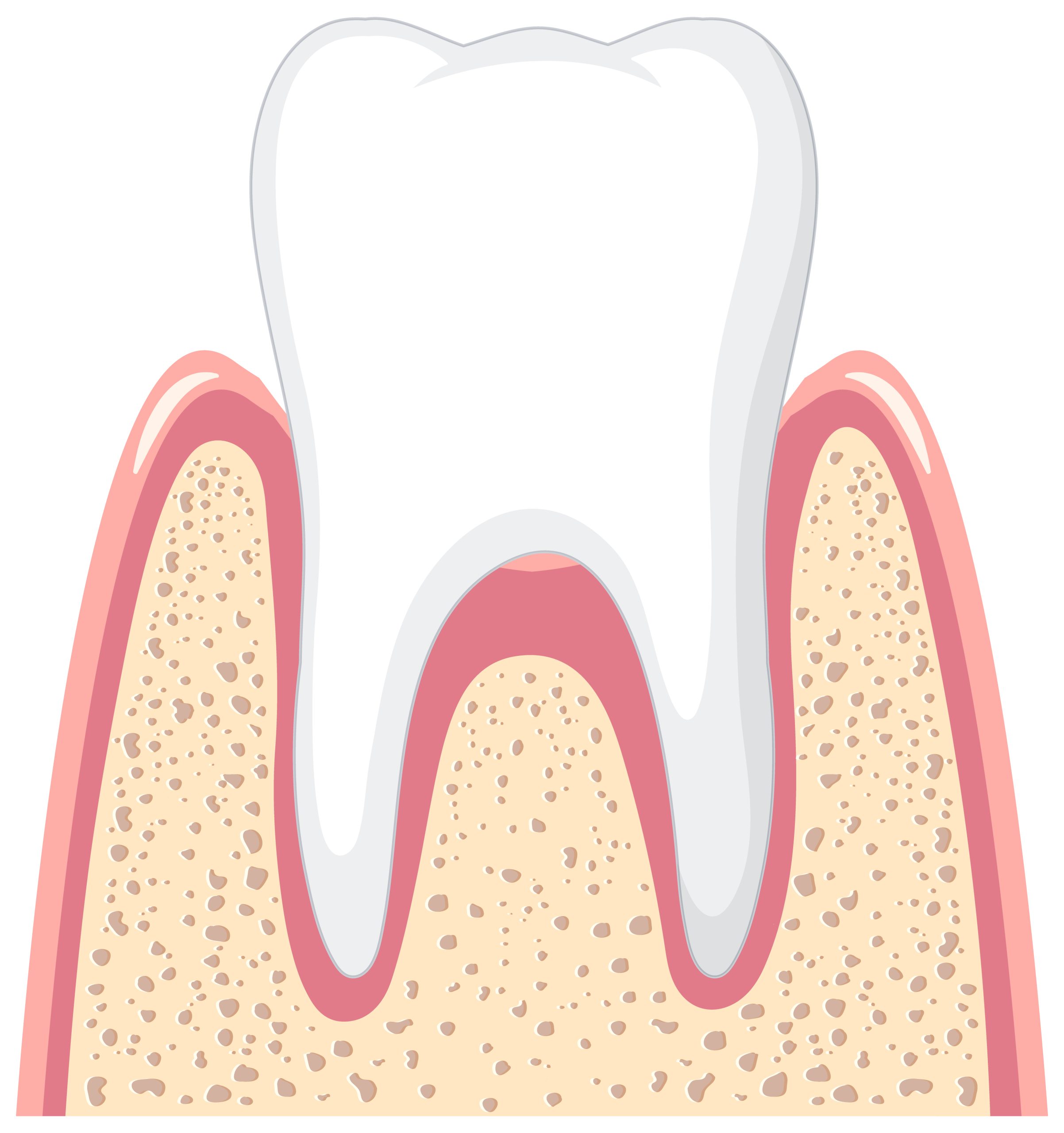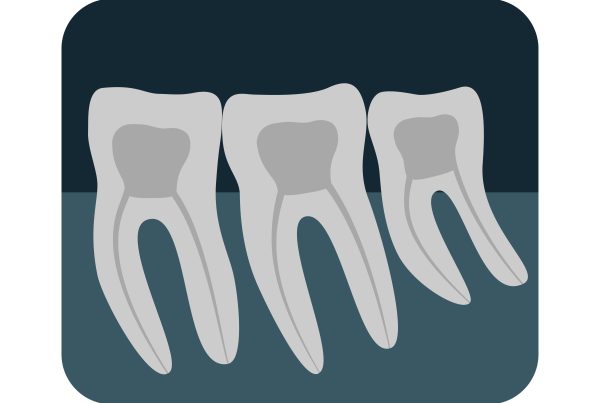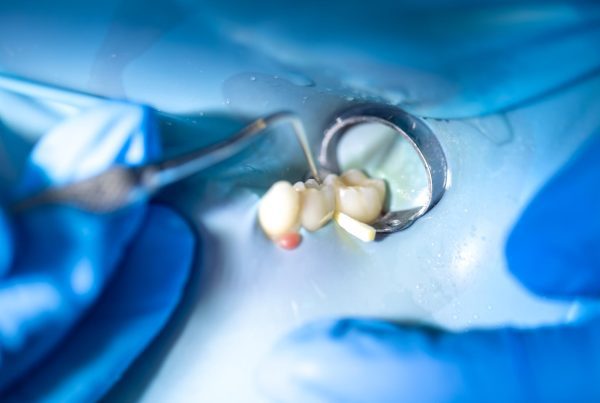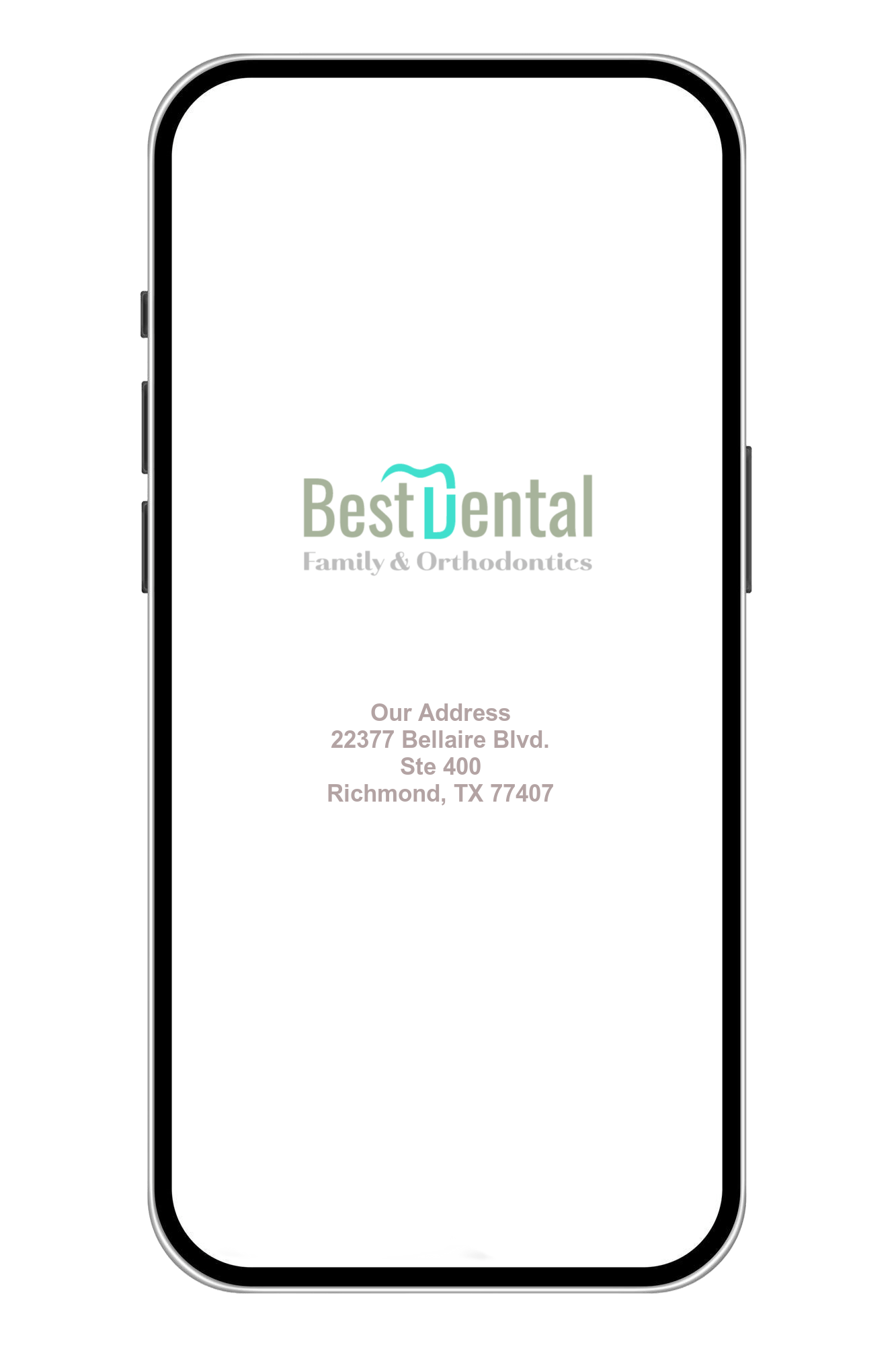Twilight Sedation Combined With Wisdom Teeth Removal
IV sedation, short for intravenous sedation, is a widely employed method of ensuring a pain-free and anxiety-free experience during the removal of wisdom teeth. Wisdom teeth, also known as third molars, often require extraction due to their potential for causing discomfort, impaction, or dental issues. This form of sedation involves the administration of medication directly into the bloodstream, allowing patients to achieve a state of deep relaxation and sometimes even unconsciousness, all while closely monitored by a trained healthcare professional. IV sedation for wisdom teeth removal offers a solution for those seeking a more comfortable and stress-free procedure, making it a popular choice for patients and dental professionals alike. In this discussion, we will delve into the benefits, process, and considerations surrounding IV sedation for wisdom teeth extractions.

What are the specific benefits of using IV sedation during wisdom teeth removal?
IV sedation offers several specific benefits during wisdom teeth removal, making it a preferred option for both patients and dental professionals. Firstly, it induces a profound state of relaxation, minimizing anxiety and discomfort for individuals undergoing the procedure. This allows for a smoother and more efficient extraction process, as patients remain calm and cooperative throughout. Additionally, IV sedation provides a more profound pain-relief effect compared to other forms of sedation, ensuring that patients experience minimal discomfort during the surgery. Moreover, the amnesic properties of IV sedation can result in patients having little to no memory of the procedure, easing any potential psychological distress associated with the surgery. The controlled and monitored administration of medication through IV also enables the dental team to adjust the sedation levels as needed, ensuring the safety and well-being of the patient throughout the entirety of the extraction.
How does IV sedation differ from other types of sedation in dental procedures?
IV sedation differs from other types of sedation in dental procedures primarily in the mode of administration and the level of control it offers over the patient’s sedative state. Unlike inhalation sedation (nitrous oxide) or oral sedatives, which are administered through breathing or ingestion, IV sedation involves the direct delivery of sedative medications into the bloodstream, allowing for rapid onset and precise control over the level of sedation. This method induces a deeper level of sedation, often leading to a state of moderate to deep sedation or even unconsciousness, as compared to the milder effects of nitrous oxide or oral sedatives. Additionally, IV sedation can be quickly adjusted during the procedure if necessary, ensuring that the patient remains in an optimal state of sedation throughout the dental intervention. The precise control over the sedative state, along with its quick onset and customizable nature, distinguishes IV sedation as a powerful tool for managing anxiety and discomfort during dental surgeries, such as wisdom teeth extractions.


What is the process involved in administering IV sedation for wisdom teeth extraction?
The process of administering IV sedation for wisdom teeth extraction involves several key steps:
- Patient Evaluation: Before the procedure, the patient’s medical history, allergies, and current health status are carefully reviewed to ensure that IV sedation is a safe option for them. This evaluation helps in determining the appropriate sedative medications and dosages.
- Informed Consent: Patients are informed about the risks, benefits, and alternatives of IV sedation. Informed consent is obtained before the procedure.
- Pre-Procedure Preparation: Patients are typically instructed to fast for a certain period before the surgery. This helps reduce the risk of nausea and vomiting during and after the procedure.
- Accessing the Vein: A healthcare professional, often an anesthesiologist or nurse anesthetist, places an IV line into the patient’s vein, usually in the arm or hand. This IV line is used to administer the sedative medications directly into the bloodstream.
- Medication Administration: Once the IV line is in place, the sedative medications are administered gradually. The healthcare provider closely monitors the patient’s vital signs, including heart rate, blood pressure, and oxygen levels, throughout the procedure.
- Monitoring During Surgery: While under IV sedation, the patient remains in a state of deep relaxation or moderate to deep sedation, depending on the specific needs of the procedure and the patient’s comfort. The dental surgeon can then proceed with the wisdom teeth extraction.
- Recovery: After the procedure is complete, the administration of sedative medications is stopped, and the patient is monitored as they gradually wake up from the sedation. This recovery period can vary from patient to patient but is typically shorter than the recovery time required for general anesthesia.
- Post-Operative Care: Patients are observed in a recovery area until they are fully awake and alert. They may experience drowsiness and some temporary amnesia. It is crucial that patients have a responsible adult accompany them home and avoid certain activities, such as driving, for a specified time.
The specific details of the process may vary depending on the healthcare facility, the dental team, and the patient’s individual needs. The use of IV sedation ensures a comfortable and anxiety-free experience during the wisdom teeth extraction procedure, with a healthcare professional closely monitoring the patient’s safety and well-being throughout.
How do patients prepare for wisdom teeth removal under IV sedation?
Patients preparing for wisdom teeth removal under IV sedation should follow specific guidelines provided by their dentist or oral surgeon. Typically, they are instructed to fast for a specific period before the procedure, which often includes refraining from food and drink for at least 6-8 hours. This fasting period helps reduce the risk of complications such as nausea and vomiting during and after the surgery. Patients may also be advised to arrange for a responsible adult to accompany them to the dental appointment and drive them home afterward, as the effects of IV sedation can impair their ability to drive or operate machinery for a certain period. It is essential for patients to inform their dental team about any pre-existing medical conditions, medications, or allergies to ensure a safe and effective sedation experience during the wisdom teeth removal procedure.


Are there any potential risks or complications associated with IV sedation during this procedure?
While IV sedation is generally considered safe when administered by trained professionals, there are potential risks and complications associated with its use during dental procedures, including wisdom teeth removal. Some of these risks may include allergic reactions to the sedative medications, respiratory depression, and a drop in blood pressure. Additionally, there is a small risk of injury from the IV line insertion, such as bruising or infection at the injection site. Prolonged sedation or oversedation can lead to delayed recovery, postoperative drowsiness, or temporary short-term memory loss. However, the likelihood of these complications occurring is relatively low, especially when the patient’s medical history and overall health are carefully evaluated before the procedure, and when the sedation is administered by trained and experienced healthcare professionals who can closely monitor the patient’s vital signs throughout the process. It is crucial for patients to discuss any concerns or pre-existing conditions with their dental team before the procedure to ensure a safe and successful experience with IV sedation during wisdom teeth removal.
What is the cost of IV Sedation for wisdom teeth removal, and does insurance cover it?
The cost of IV sedation for wisdom teeth removal can vary depending on several factors, including the geographical location, the complexity of the procedure, the specific sedation medications used, and the individual dental or medical provider’s fees. On average, the cost of IV sedation can range from a few hundred to over a thousand dollars. This cost is often in addition to the fees for the actual wisdom teeth extraction procedure.
Whether or not insurance covers the cost of IV sedation for wisdom teeth removal depends on the specifics of the insurance plan. Some dental insurance plans may partially cover the cost of IV sedation, while others may not cover it at all. Medical insurance may provide coverage if the procedure is deemed medically necessary due to complications or severe impaction. Patients are advised to consult with their insurance provider to understand the extent of their coverage for IV sedation during dental procedures, including wisdom teeth removal. Additionally, dental offices may offer payment plans or financing options to help patients manage the costs associated with IV sedation and the overall wisdom teeth extraction procedure.





